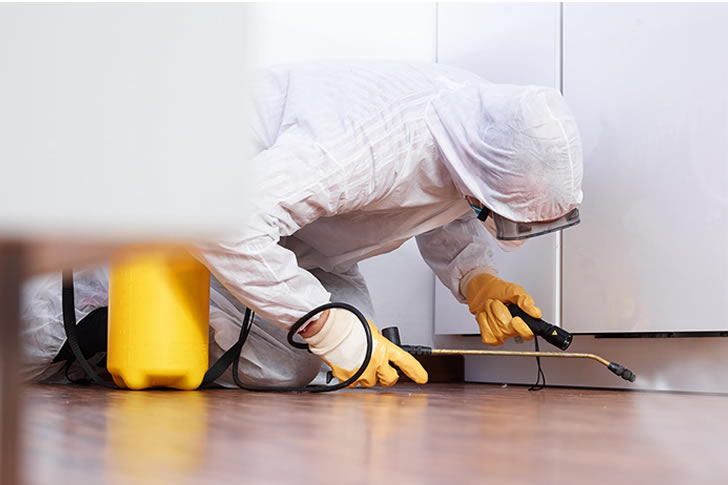Comprehensive Guide to Choosing Pest Control Services
Professional pest control services are crucial for effective management and eradication. This guide offers practical tips, facts, and numbers to help you choose the right pest control service and protect your home and health.

Identifying the Right Pest Control Service
1. Research and Referrals
Start by researching pest control companies in your area. Ask friends, family, and neighbors for referrals. Online reviews and ratings on platforms like Yelp, Google Reviews, and the Better Business Bureau (BBB) can provide insights into the reliability and effectiveness of different providers.
2. Verify Credentials
Ensure that the pest control company you choose is licensed and certified by relevant authorities. In the United States, the Environmental Protection Agency (EPA) and state pesticide regulatory agencies oversee the licensing of pest control professionals. Verify the company’s credentials and check for any history of violations or complaints.
3. Experience and Expertise
Experience matters in pest control. Companies with years of experience are likely to have dealt with various pest problems and can offer effective solutions. Ask about the company’s expertise in handling specific pests, particularly if you are dealing with a severe infestation.
Evaluating Pest Control Methods
1. Integrated Pest Management (IPM)
Integrated Pest Management (IPM) is a holistic approach that focuses on long-term prevention and control of pests through a combination of techniques. IPM emphasizes:
- Biological control (using natural predators)
- Mechanical control (traps and barriers)
- Chemical control (pesticides)
- Cultural control (modifying habits and practices)
Studies have shown that IPM can reduce pesticide use by up to 90% while effectively managing pest populations.
2. Eco-Friendly Solutions
Consider companies that offer eco-friendly pest control solutions. These methods use natural and organic products that are safe for humans, pets, and the environment. According to a report by the National Pesticide Information Center (NPIC), eco-friendly solutions reduce the risk of pesticide exposure and promote a healthier living environment.
Cost and Value
1. Obtain Multiple Quotes
To get the best value for your money, obtain quotes from at least three different pest control companies. Compare their services, treatment plans, and prices. While cost is an important factor, it should not be the sole deciding factor. Focus on the quality of service and the company’s reputation.
2. Understand the Service Agreement
Carefully review the service agreement before signing. Ensure that it includes details about the treatment plan, frequency of visits, guarantee terms, and cancellation policy. A reputable company will provide a clear and transparent agreement.
Preparing for Pest Control Treatment
1. Inspection and Assessment
A thorough inspection is the first step in any pest control treatment. The pest control professional will assess the extent of the infestation, identify entry points, and determine the type of pests present. Based on this assessment, they will develop a customized treatment plan.
2. Pre-Treatment Preparations
Follow the pre-treatment instructions provided by the pest control company. This may include:
- Clearing clutter and debris
- Storing food and utensils safely
- Vacating the premises temporarily (if necessary)
Proper preparation ensures the effectiveness of the treatment and minimizes health risks.
Post-Treatment Considerations
1. Follow-Up Visits
Pest control is not a one-time solution. Follow-up visits are essential to monitor the situation and prevent re-infestation. Discuss the frequency of follow-up visits with the pest control company and ensure they are included in the service agreement.
2. Preventive Measures
Implement preventive measures to keep pests at bay. This includes:
- Sealing cracks and crevices
- Proper waste management
- Regular cleaning and maintenance
- Landscaping adjustments to reduce pest habitats
Measuring Effectiveness
According to a survey by the National Pest Management Association (NPMA), 78% of homeowners reported a significant reduction in pest problems after professional treatment. However, it’s important to monitor the situation and communicate any recurring issues to the pest control company. Effective pest control requires ongoing efforts and collaboration between homeowners and professionals.
Conclusion
Choosing the right pest control service is crucial for effectively managing and eradicating pests. By researching, verifying credentials, understanding pest control methods, and focusing on long-term prevention, you can ensure a pest-free home. Remember to obtain multiple quotes, review service agreements carefully, and implement preventive measures. With the right approach, you can protect your home and family from the risks associated with pests.







Recent Comments